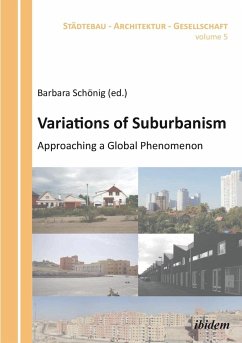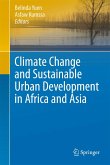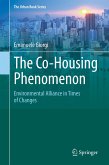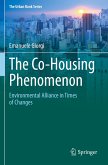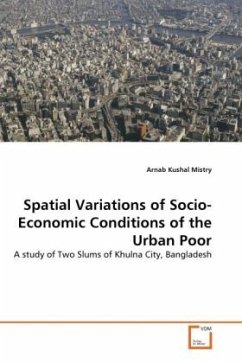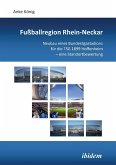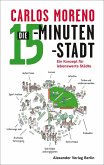Considered to be sub-ordinated and sub-prime to the city, sub-urban areas receive little attention by researchers and designers. However, it s the rapidly growing areas outside the central cities that pose the biggest questions of the urban millennium: How can the scattered patchwork of urban areas and social spaces linked by networks of highways and public transportation function as a sustainable and livable urban environment? Answering this question requires understanding suburban spaces as heterogeneous urban areas with distinct local characteristics, qualities, and problems.
Following this path, Variations of Suburbanism explores formation, characteristics, and trends of suburban areas all over the world. It provides insights on common features and differences of suburban governance, design, and infrastructure and discusses strategies to understand and design suburban areas in an increasingly sub-urbanizing world.
Following this path, Variations of Suburbanism explores formation, characteristics, and trends of suburban areas all over the world. It provides insights on common features and differences of suburban governance, design, and infrastructure and discusses strategies to understand and design suburban areas in an increasingly sub-urbanizing world.

